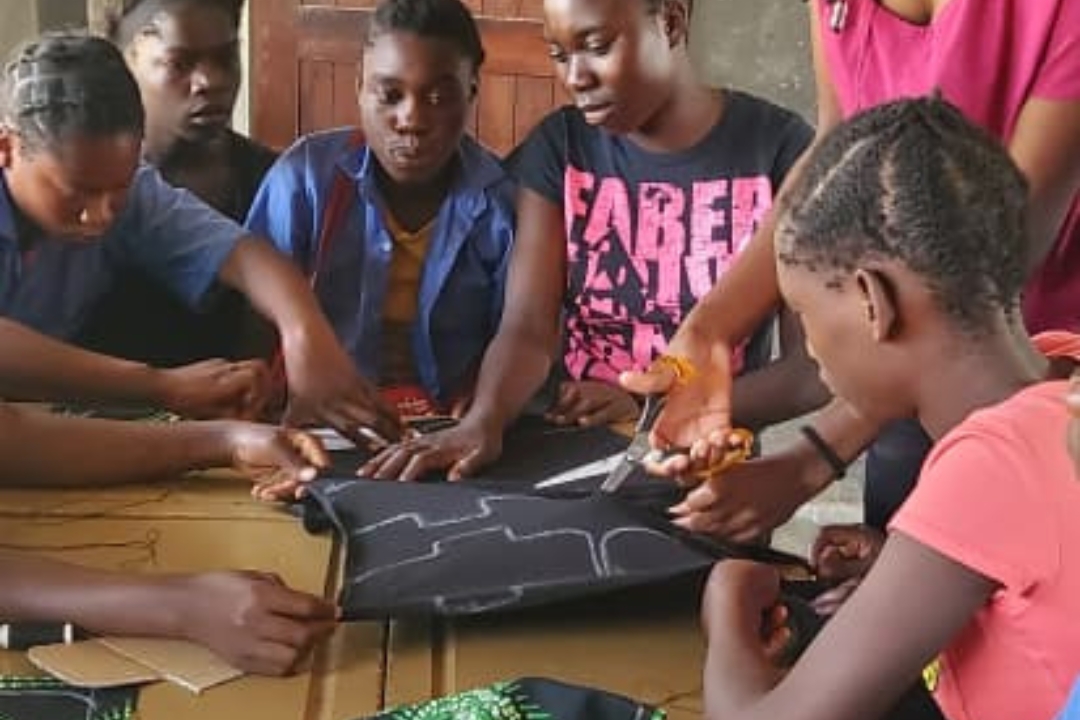ICU Social Work Students Empower Adolescent Girls in Shantumbu with Menstrual Hygiene and Skill-Building Project

LUSAKA, Zambia
In an inspiring display of community engagement, Social Work students from the Information and Communications University (ICU) have successfully implemented a fieldwork project aimed at addressing school absenteeism among adolescent girls in Shantumbu.
During their Fieldwork 1 assessment, the students discovered that girls miss an average of seven school days per month due to a lack of access to sanitary pads. This challenge significantly affects their academic performance and overall participation in education.

In response, the students designed and implemented a practical, long-term solution: teaching adolescent girls how to make reusable sanitary pads. This initiative not only meets their immediate sanitary needs but also equips them with a valuable skill they can use beyond school.
“Our goal is to provide a sustainable solution that empowers these girls, boosts their confidence, and keeps them in school,” said one of the project leads from ICU’s Social Work department.
The project has had a far-reaching impact on the community:
-
Reduced Absenteeism: Girls now have consistent access to menstrual hygiene solutions, helping them stay in class and improve their academic performance.
-
Improved Menstrual Hygiene: The initiative raises awareness about health and hygiene, safeguarding the physical and emotional well-being of adolescent girls.
-
Skill-Building and Economic Empowerment: By teaching girls to produce reusable pads, the project provides them with an income-generating skill, fostering financial independence.
-
Boosted Confidence and Self-Esteem: Empowering girls to manage their menstrual health has instilled a sense of dignity and self-worth, encouraging them to participate fully in education and community life.

The Shantumbu project stands as a shining example of how higher education institutions can work hand-in-hand with communities to address social challenges. By tackling the root causes of absenteeism, ICU students are creating lasting change that will benefit future generations.
